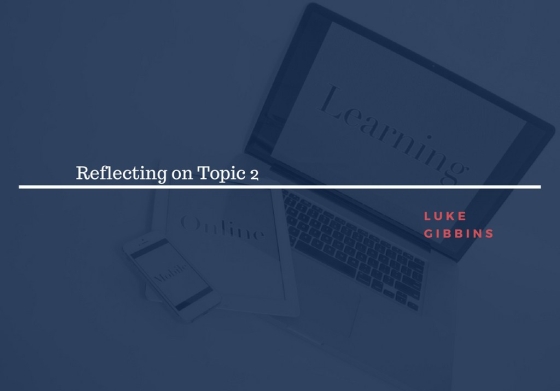
Topic 2 Reflection – The need for digital literacy.
Introduction
This topic was not new knowledge to me, however, the extent to what fake news, filter bubbles and echo chambers are part of our lives was not expected. It was interesting to focus in on filter bubbles and how they influence people and politics (Hern, 2017).
Peer Learning
Figure 1 – Learning from Chloe’s, Sinead’s and Nikhita’s blog posts
Nikhita and I got into a discussion about who is responsible for limiting the fake news publicised.
Continue reading →









